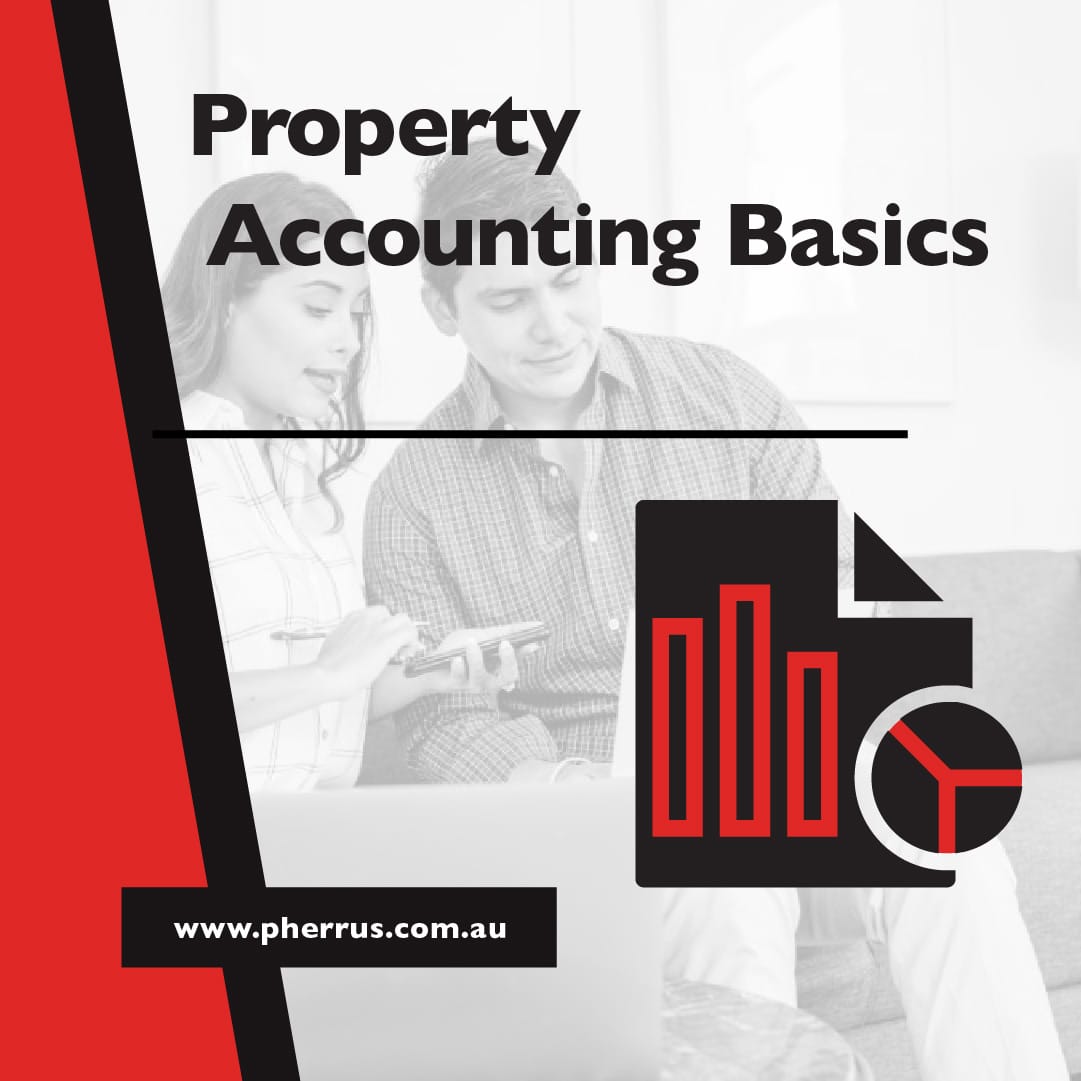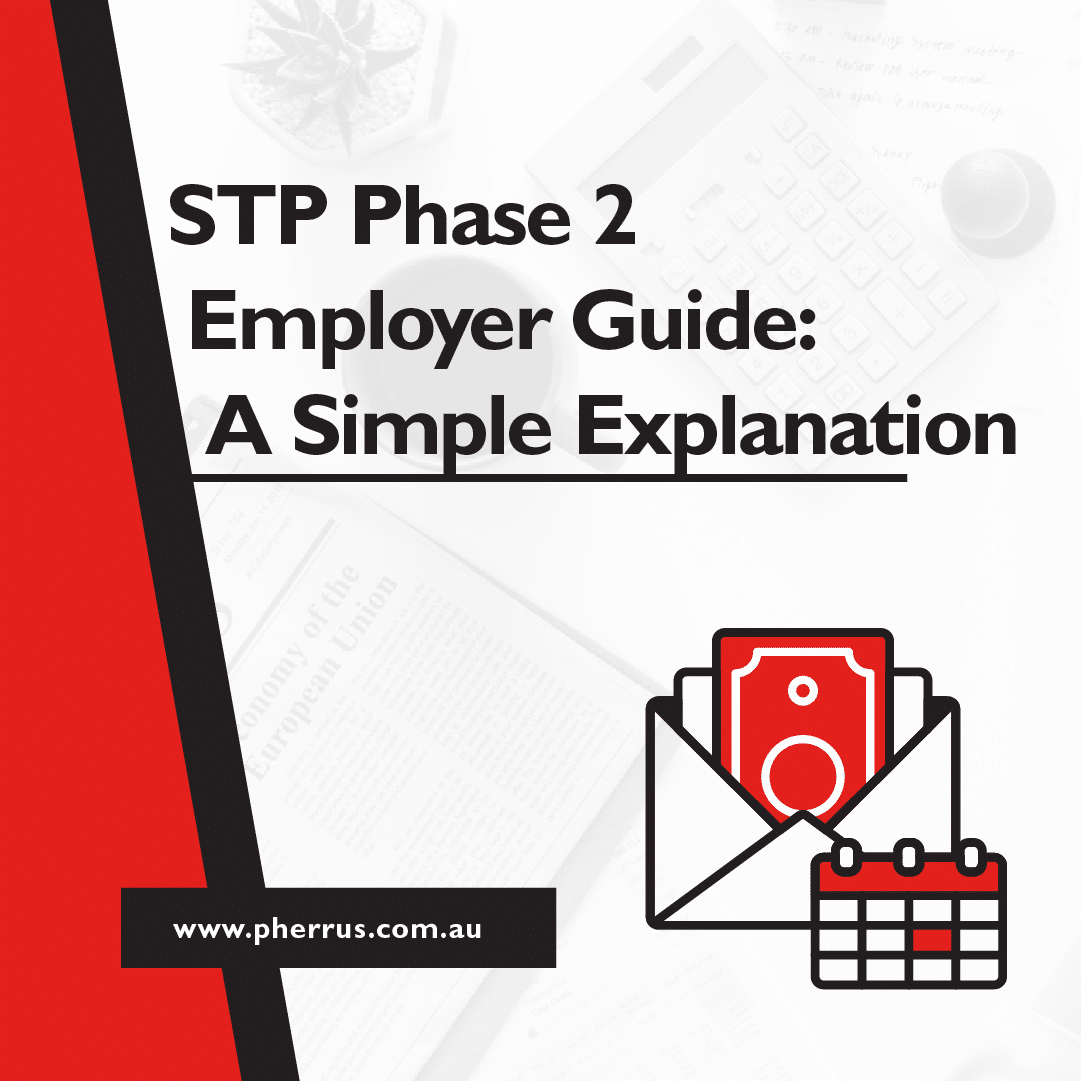Are you a property owner? Or perhaps you’re a management company that handles the ins and outs of property for multiple clients?
Understanding the property accounting basics is a good starting point to ensure you meet all your obligations.
Much like any other business, accounting for an investment property has clear rules and requirements to ensure your finances are in order.
If you’re wondering ‘what is property in accounting’ or you want to know the best starting point for handling your finances, we’re here to help.
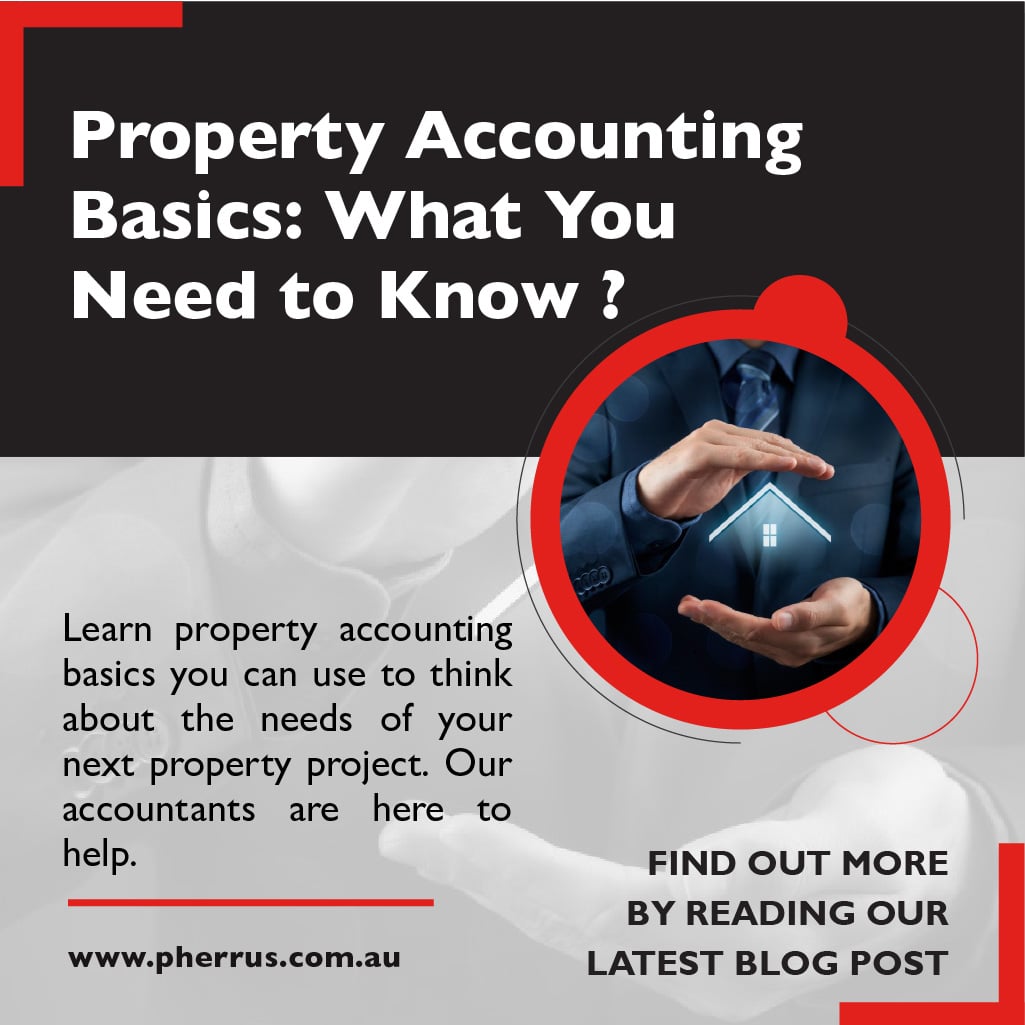
Read on to learn more about the property accounting basics, from what this entails to why it matters, and the services property accountants provide:
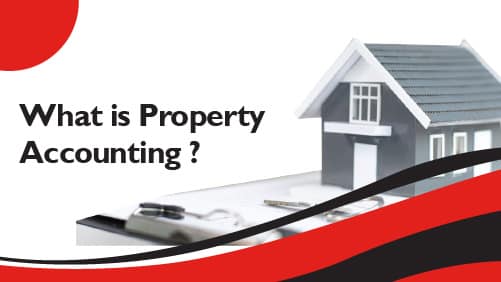
What is Property Accounting?
Property accounting, also known as real estate accounting, is the process used to handle the finances for a portfolio of properties owned by a single individual.
If you rent out your properties, whether as a domestic or a commercial landlord, ensuring your finances are well-managed is key to meeting compliance and achieving long-term success.
Property accounting covers everything you need to handle the finances involved in property ownership, from financial reporting to accounts payable.
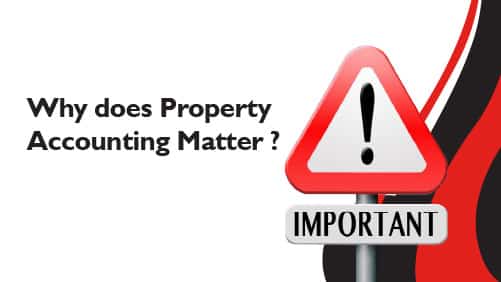
Why does Property Accounting Matter?
Property accounting matters in the same way financial management benefits any business.
By taking control of your money, you’re in a better condition to make sound financial decisions and meet your legal obligations.
Property accounting basics cover all the complexities of tax and finance related to owning property.
These services benefit property owners by helping to:
Control waste
Wastage is a serious concern for individuals with extensive property portfolios.
Without a good overview of your finances, it’s easy for significant maintenance and management costs to rise that could easily be streamlined or better managed.
For example, paying individually to have units cleaned is far more wasteful than paying a company to handle cleaning across all of your properties on a contract.
Prevent delays
Property accounting helps to reduce delays in decision-making, purchasing and selling.
By having your finances in order and up to date, you’re in a much better position to borrow money and expand your property portfolio, for example.
Without having the property accounting basics covered, you have less time to focus on the future and more time to put out fires in the here and now.
Avoid fines and criminal charges
Property owners are responsible for paying specific taxes and costs in Australia.
Property accounting ensures you pay everything on time, all the time, preventing the possibility of fines and ensuring you meet your legal obligations.
Better management of your finances means you’re never on the wrong side of the ATO or any other government institution.
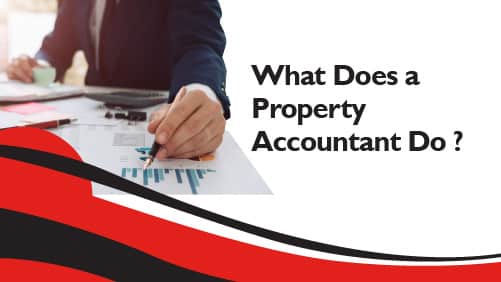
What Does a Property Accountant Do?
Accountants cover a wide range of services for property-related clients to ensure their finances are in good condition.
As property owners and landlords are required to meet certain tax obligations, choosing an accountant who is experienced in all aspects of property accounting is the ideal choice.
A property accountant covers these services:
Accounts payable
Accounts payable refer to any money you owe to a vendor or supplier.
For example, you may hire a construction team to renovate a property you’ve just purchased.
Keeping track of what you owe is integral to understanding how much money you have available to spend in other business areas.
Accounts receivable processing
Accounts receivable are the money coming into your business that will be available to spend in the future.
For example, your rental income could be considered accounts receivable for property ownership.
Accurately listing and reporting on the money coming into your business is integral to solid financial planning.
Balance sheet reporting
Balance sheets provide a clear overview of the current financial health of a business, providing insight into the assets you own and any liabilities.
A property accountant can provide up-to-date balance sheets to support you in making financial decisions.
For instance, knowing how to record property purchases in accounting is vital for ensuring accurate reports.
Budgeting
Proper budgeting is valuable to ensure you can cover the ongoing costs of property ownership.
Property accountants support you in creating a budget and plan for your business that allows you to sustain specific services, such as ongoing maintenance, cleaning or other property management concerns.
Financial reporting
Financial reporting is integral to property accounting.
Ensuring GST, Automated BAS, and IFRS reports are completed in a timely manner is required for necessary compliance.
Ensuring your reporting is up-to-date and completely accurate is a crucial responsibility for a property accountant to ensure you don’t receive any fines or unexpected penalties.
Forecasting
Preparing to expand your property portfolio or considering renovations on an existing property?
Property accountants use forecasting to help clients identify when would be best to invest based on their current finances and potential future concerns.
Forecasting is key to getting an idea of the long-term success of a business.
Lease maintenance
Leasing out properties is the primary income for landlords.
Ensuring leases are maintained effectively is a crucial responsibility for property accountants, supporting businesses to keep their properties in use and all leases current.
In some cases, accountants work with property managers and other specialists to ensure all tenants’ leases are up to date.
Maintenance of bank accounts
Maintaining all necessary bank accounts for property owners is helpful to ensure funds are placed in suitable locations for incoming and outgoing money.
A property accountant has the knowledge and training to maintain bank accounts, particularly in cases where numerous accounts are used for different purposes.
Tax preparation and compliance
Complying with the ATO and ensuring you’re ready for each tax season is essential for property owners.
With the potential for hefty fines or criminal charges, working with a property accountant is an ideal solution to ensuring your taxes are completed on time, year after year, with no exceptions.
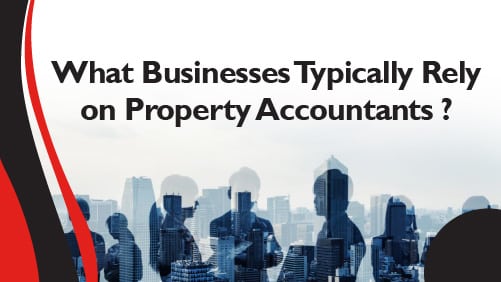
Which Businesses Typically Rely on Property Accountants?
Expert accountants provide property accounting basics to various businesses and individuals across Australia.
Their specialist insight and knowledge are integral to successfully navigating this industry’s specific rules and regulations.
Whether you’re an industrial property owner or a landlord with a single property, an accountant can help keep your finances in check.
Some of the businesses that rely on property accountants include:
Real estate agencies
Real estate agencies often handle the bulk of the work involved in buying and selling properties.
Property accountants often work within real estate to support businesses to accurately report on income from property sales, alongside any outgoings involved in advertising, staging properties or anything else involved in property sales.
This accurate financial reporting ensures clients are billed the correct amount on time.
Property managers
Property management companies are responsible for the day-to-day operations involved in managing properties for their clients.
For example, a property portfolio owner may hire a property manager to handle maintenance, leases and ongoing care for multiple residential properties.
Property accountants work with management teams to ensure funds are available for maintenance and upkeep of properties, to invoice property owners on time and to handle the maintenance of ongoing leases.
Housing associations
Housing associations are responsible for a large volume of properties across a particular area, either privately or as a public service.
Property accountants use their expertise to collate financial information for a considerable number of properties, creating accurate financial reports and forecasting to help housing associations decide on future budgets or potential investments for additional expansion.
Construction firms
Construction firms building properties, whether they are residential, commercial or industrial, can benefit from the support of an accountant with knowledge of property accounting.
An experienced accountant can ensure that all the financial information involved in hiring contractors, handling construction and selling completed properties is handled professionally and effectively.
By gaining a financial overview, it’s easier to price properties and begin the sales process.
Landlords
Landlords that manage their properties independently often choose to work with property accountants to handle the financial management of their business.
For example, a property accountant can handle all the bookkeeping within the business, from investment into new properties to maintenance contracts and bills for existing rental homes.
By hiring a trained professional, landlords can also ensure they work in line with their legal financial requirements and manage their taxes effectively without delays.

Does Your Next Venture Need Property Accounting?
If you have plans to invest in a new property, understanding the property accounting basics is an excellent place to start.
As a complex area of business, having your finances in good order is the first step to long-term success.
Whether you’re happy with a small portfolio or you’d like to grow significantly over time, the right help can make the process easier, from taxes to lease maintenance, property management to financial reporting.
Our team at Pherrus specialises in all areas of accounting, including property accountancy.
Get in touch with us today to discuss the requirements for your upcoming venture.
Whether you’ve been a landlord for years or a real estate company looking for financial support, our team can help.
Contact us today to learn more.


